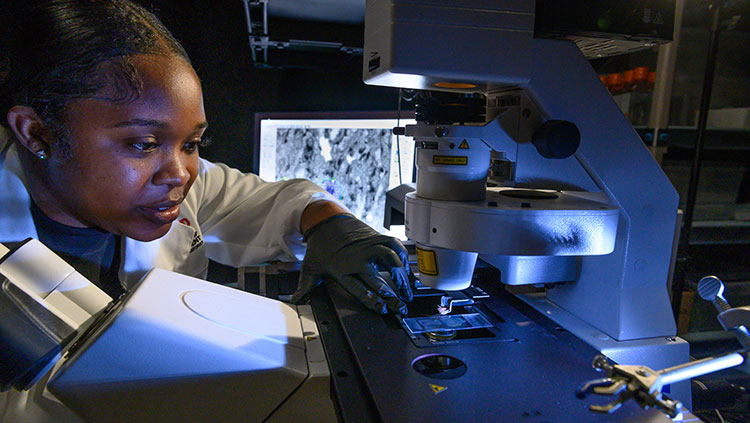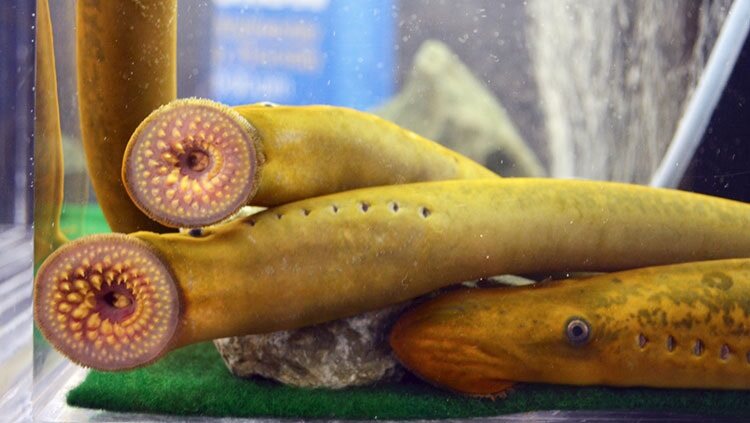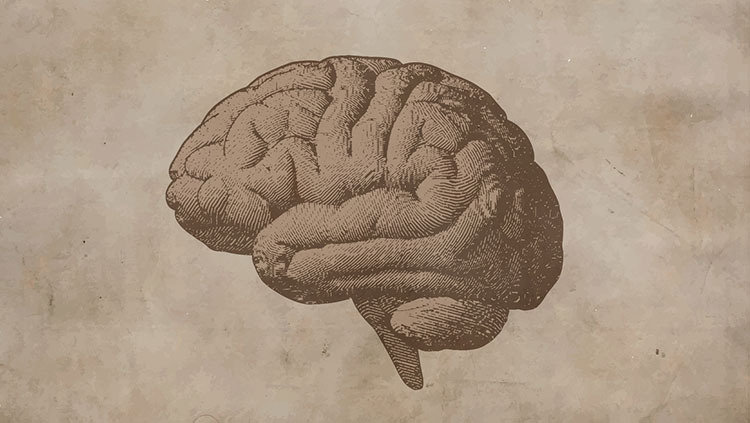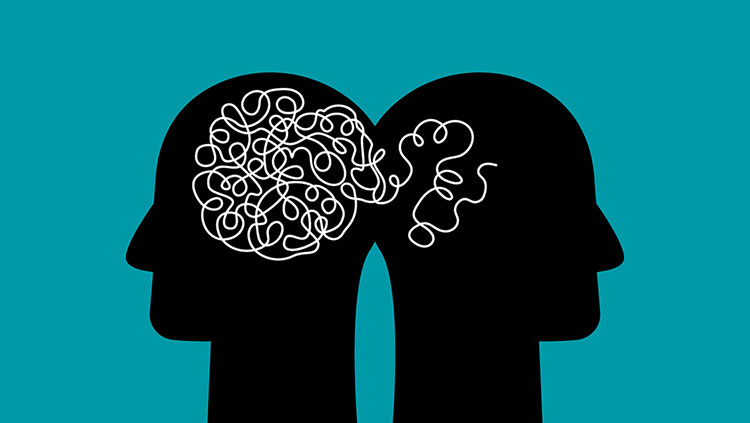ICYMI: Researchers Find How Modern Humans Grow More Neurons than Neanderthals
- Published17 Oct 2022
- Author Tristan Rivera
- Source BrainFacts/SfN
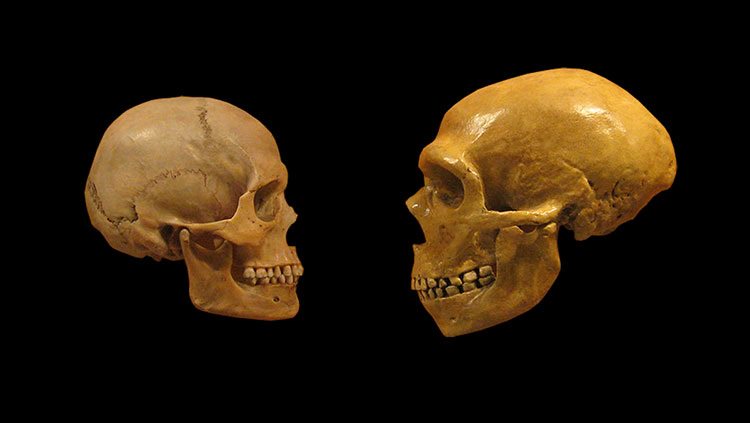
Minor changes to a gene can trigger significant ripple effects on our brains’ evolutionary development. Some genetic mutations aid us in our survival. Researchers, one of them 2022 Nobel Prize in physiology or medicine winner Svante Pääbo, have identified a genetic difference between our extinct human ancestors and us that affects brain development and formation. The finding published September 9 in Science identifies a tiny mutation in one gene that helps modern humans produce more neurons in our neocortex — an area representing 90% of our cerebral cortex — than our ancestors.
The neocortex comprises the largest, most recently evolved part of our brains — located across all four of our brain lobes. Compared to one of our most recent human relatives, the Neanderthals, our brains are about the same size — but the shape differs. German researchers at the Max Planck Institute, Technical University of Dresden, and University Hospital Carl Gustav Carus investigated genetic differences between our ancient relatives and us, focusing on cells that form neurons in the neocortex.
Focusing on TKTL1, a gene found in modern humans, extinct archaic humans, and primates, the researchers found the modern human variant of the gene differs from the others by a single amino acid substitution. This gene is expressed in progenitor cells, which help form neurons as our brains develop in the womb. In previous studies, a type of progenitor cell, the basal radial glia (bRG), proved efficient at creating large quantities of neurons during development.
The German researchers explored the role of the TKTL1 gene expression on brain development by introducing it in the developing mouse and ferret neocortex, knocking out TKTL1 gene expression in fetal human neocortical tissue, and expressing the Neanderthal version of the gene in cerebral organoids. Across studies, they found the modern human variant of the gene increases the quantity of bRG — allowing for more neurons to be generated in the neocortex of humans during development.
Big Picture: Pääbo’s Nobel prize celebrated his work extracting and examining DNA from ancient bones and later sequencing the Neanderthal genome, which lead to the field of paleogenomics. This groundbreaking achievement allows researchers to pinpoint important evolutionary changes between modern humans and Neanderthals such as the TKTL1 gene and its role in modern human brain development.
The German team found enhanced neuronal production in fetal human neocortical tissue in the developing frontal lobe: the lobe associated with many of our unique human abilities. These findings suggest more neurons are produced in the neocortex of modern humans than in Neanderthals.
Read more: ‘Breakthrough’ finding shows how modern humans grow more brain cells than Neanderthals. Science
More Top Stories
- Researchers captured and sequenced axolotls’ ability to completely regenerate brain areas after injury. The Conversation
- A science journalist missing her left temporal lobe surprises research scientists. New York Times
- Flies sent into space under artificial gravity conditions had fewer negative cellular impacts upon return than those floating in microgravity around the Earth. New Atlas
- Neurotensin release helps determine whether we encode a memory as positive or negative. Quanta Magazine
- A study suggests daily multi-vitamins can slow cognitive decline in older adults. The Guardian
- The microprotein "SHMOOSE" found in neuronal mitochondria may play a role in Alzheimer’s, atrophy, and brain metabolism. The Hill
- Similar brain circuitry allowing some birds to learn songs is active when woodpeckers drum on trees. New Scientist
- Breakthrough Prize was awarded to sleep scientists Masashi Yanagisawa and Emmanuel Mignot for their research on narcolepsy. Nature
- 4D ultrasound scans of 100 pregnant women indicate babies’ faces can react to taste and smell in the third trimester. CBS
- New trial on Alzheimer’s drug lecanemab showed slowing of mental decline. But is it a breakthrough? Nature
- Dolphin and whale brains are protected by their elaborate nets of blood vessels during dives. Science News
CONTENT PROVIDED BY
BrainFacts/SfN




